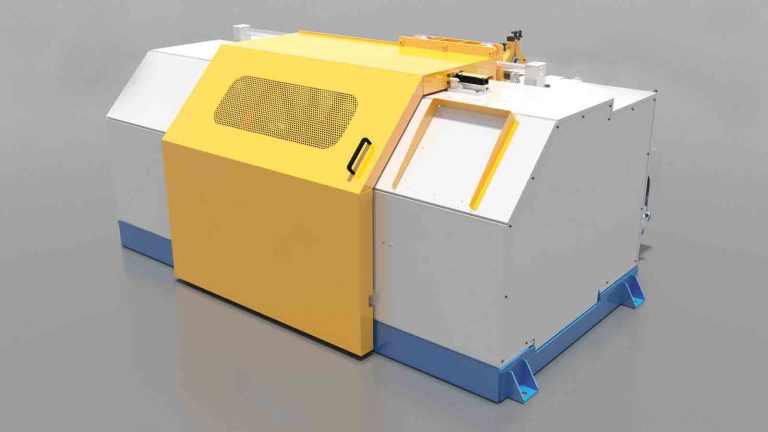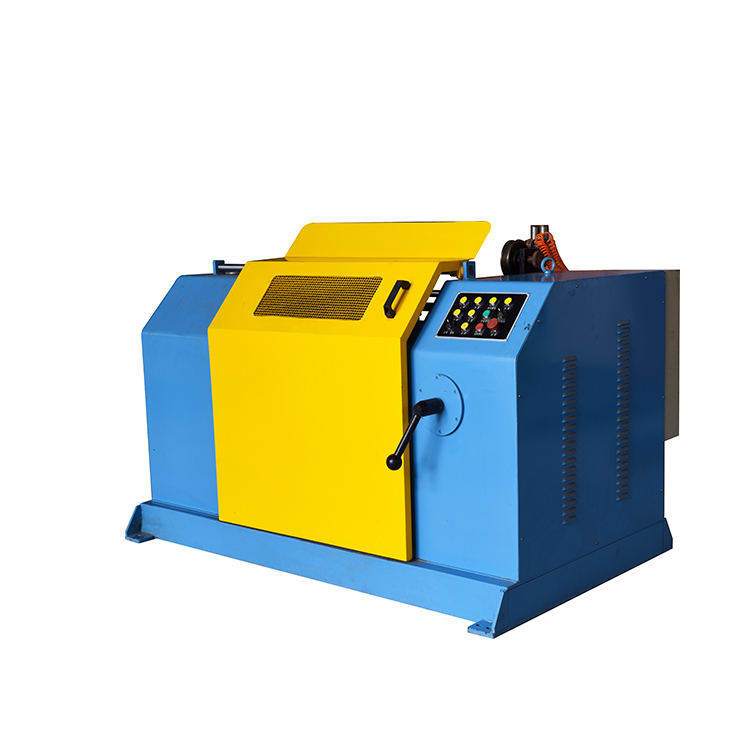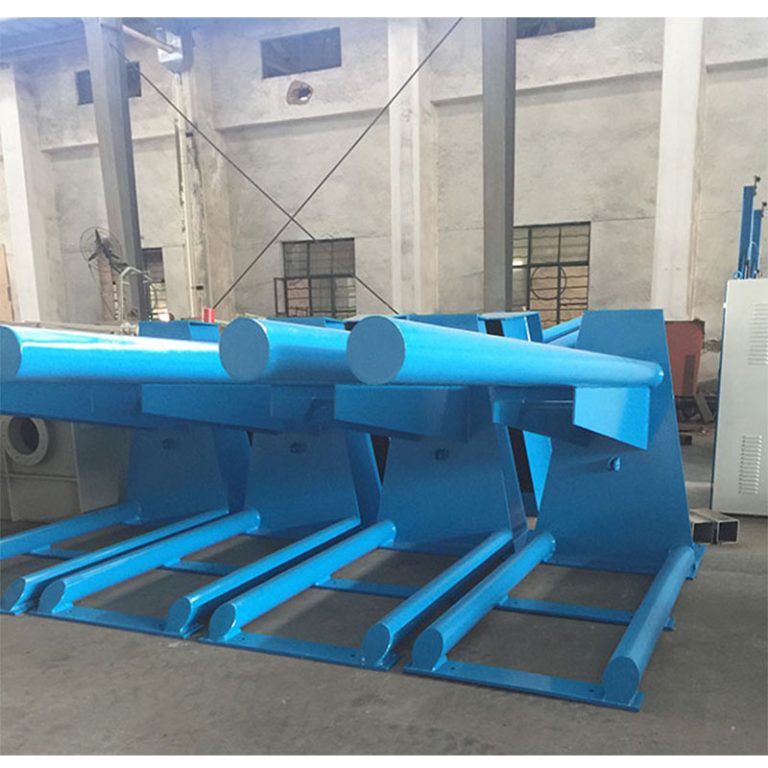Merits of Using Aluminum Alloy Wire in Electrical Applications
Aluminum alloy wire machine is a popular choice for electrical applications due to its numerous benefits. One of the main advantages of using aluminum alloy wire is its lightweight nature. Compared to copper wire, aluminum alloy wire is significantly lighter, making it easier to handle and install. This can be especially beneficial in large-scale electrical projects where a significant amount of wire is needed.
In addition to its lightweight nature, aluminum alloy wire is also highly conductive. This means that it can efficiently carry electrical currents without experiencing significant voltage drops. This is crucial in electrical applications where consistent and reliable power transmission is essential. The high conductivity of aluminum alloy wire can help reduce energy losses and improve overall system efficiency.

Another key benefit of using aluminum alloy wire is its cost-effectiveness. Aluminum is a more abundant and less expensive material compared to copper, making aluminum alloy wire a more budget-friendly option for electrical projects. This can be particularly advantageous for contractors and businesses looking to save on costs without compromising on quality.
Furthermore, aluminum alloy wire is highly durable and resistant to corrosion. This makes it a reliable choice for outdoor and underground electrical installations where exposure to harsh environmental conditions is a concern. The corrosion-resistant properties of aluminum alloy wire can help extend its lifespan and reduce the need for frequent maintenance and replacements.
In terms of flexibility, aluminum alloy wire is known for its malleability and ease of bending. This can be advantageous in situations where the wire needs to be routed through tight spaces or around obstacles. The flexibility of aluminum alloy wire can help simplify the installation process and ensure a secure and efficient electrical connection.
Additionally, Aluminum wire breakdown drawing machine for cable aluminum wire is environmentally friendly. Aluminum is a recyclable material, which means that old or unused wire can be repurposed and reused, reducing waste and promoting sustainability. By choosing aluminum alloy wire for electrical applications, businesses and individuals can contribute to a more eco-friendly and sustainable future.
Overall, the benefits of using aluminum alloy wire in electrical applications are clear. From its lightweight and conductive properties to its cost-effectiveness and durability, aluminum alloy wire offers a range of advantages that make it a preferred choice for a variety of electrical projects. Whether it’s for residential, commercial, or industrial applications, aluminum alloy wire provides a reliable and efficient solution for powering electrical systems. With its numerous benefits and versatile properties, aluminum alloy wire continues to be a top choice for electrical contractors and engineers seeking high-quality and reliable wiring solutions.
Comparison of Different Grades of Aluminum Alloy Wire for Various Industries
Aluminum alloy wire is a versatile material that finds applications in various industries due to its lightweight, corrosion-resistant, and high conductivity properties. Different grades of aluminum alloy wire are available in the market, each with unique characteristics that make them suitable for specific applications. In this article, we will compare different grades of aluminum alloy wire and discuss their uses in various industries.
One of the most commonly used grades of aluminum alloy wire is 6061. This grade is known for its excellent strength-to-weight ratio, making it ideal for applications where high strength and durability are required. 6061 aluminum alloy wire is often used in the aerospace industry for manufacturing aircraft components, as well as in the automotive industry for making lightweight parts that need to withstand high stress and pressure.
Another popular grade of aluminum alloy wire is 5052. This grade is highly corrosion-resistant, making it suitable for outdoor applications where exposure to moisture and harsh weather conditions is a concern. 5052 aluminum alloy wire is commonly used in the construction industry for making gutters, roofing panels, and other outdoor structures that need to withstand the elements.

For applications that require high electrical conductivity, 1350 aluminum alloy wire is the preferred choice. This grade of aluminum alloy wire has a high purity level, which allows for efficient transmission of electricity. 1350 aluminum alloy wire is commonly used in the electrical industry for making power transmission lines, transformer windings, and other electrical components that require high conductivity.
In the marine industry, 5083 aluminum alloy wire is often used due to its excellent corrosion resistance in saltwater environments. This grade of aluminum alloy wire is commonly used for manufacturing boat hulls, ship components, and other marine structures that need to withstand the corrosive effects of seawater.
When it comes to welding applications, 4043 aluminum alloy wire is a popular choice. This grade of aluminum alloy wire has good weldability and is often used for welding aluminum to aluminum or aluminum to other metals. 4043 aluminum alloy wire is commonly used in the construction industry for welding aluminum structures, as well as in the automotive industry for repairing aluminum parts.
In the packaging industry, 8011 aluminum alloy wire is commonly used for making aluminum foil. This grade of aluminum alloy wire has excellent formability and is suitable for wrapping food, pharmaceuticals, and other products that need to be protected from moisture and contaminants.
Overall, the choice of aluminum alloy wire grade depends on the specific requirements of the application. Whether you need high strength, corrosion resistance, electrical conductivity, weldability, or formability, there is a grade of aluminum alloy wire that is suitable for your needs. By understanding the characteristics of different grades of aluminum alloy wire, you can make an informed decision on which grade is best suited for your industry and application.






